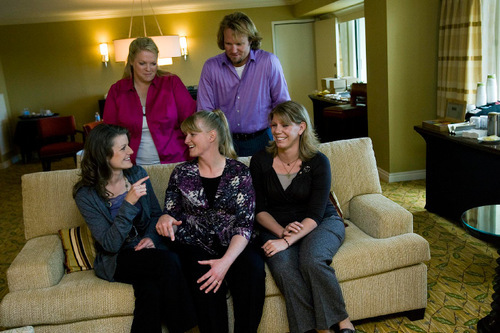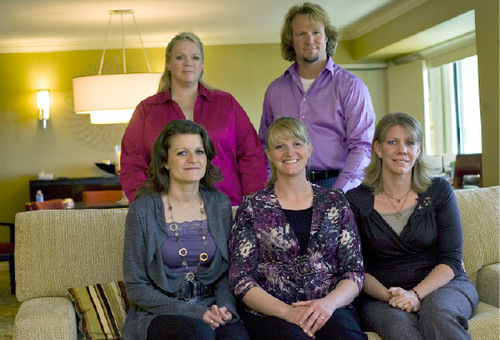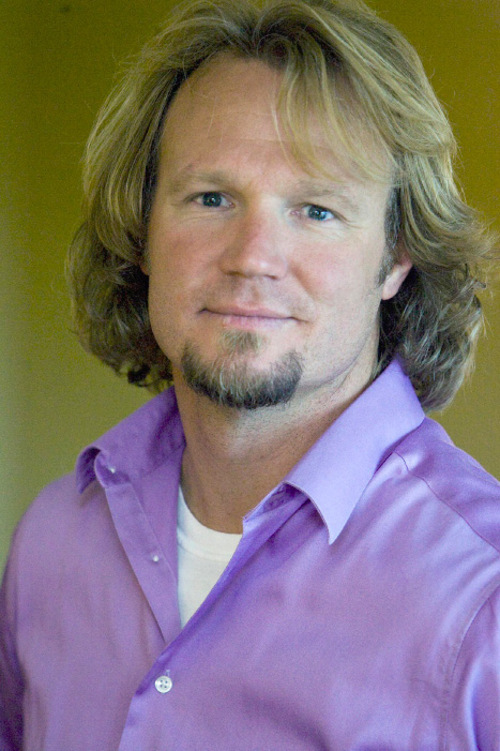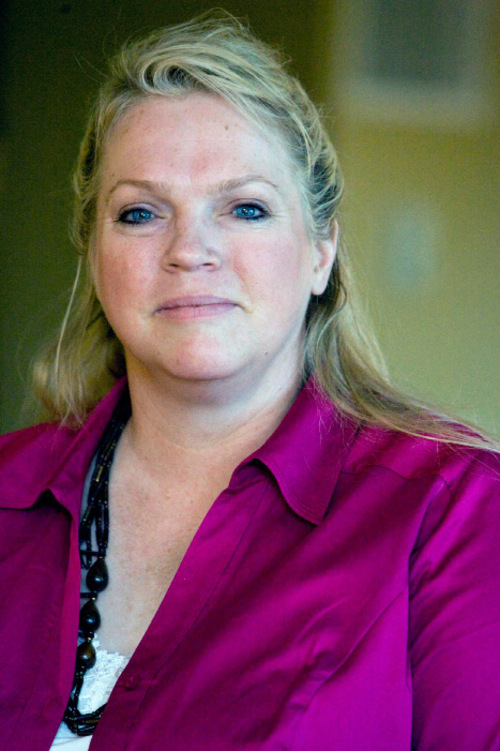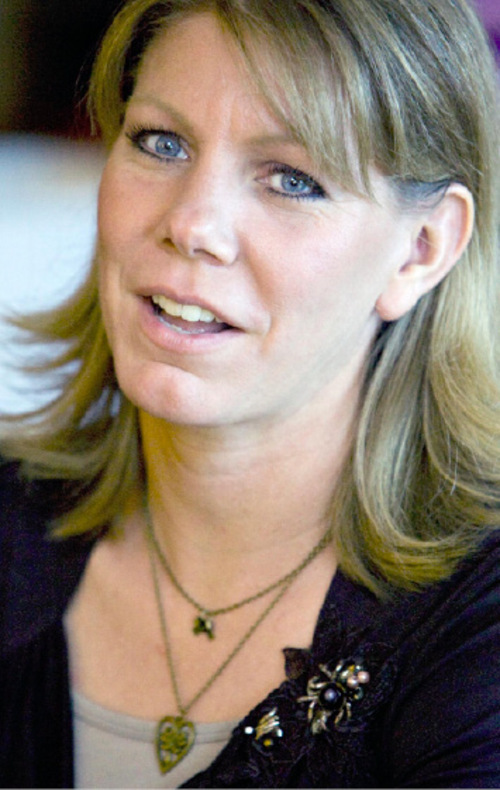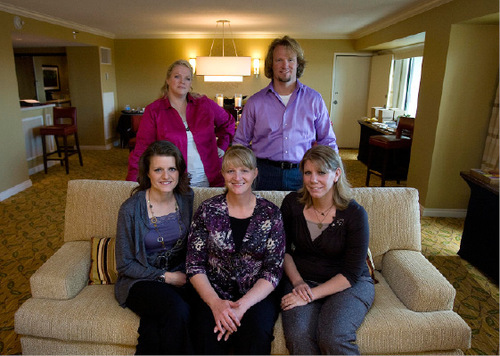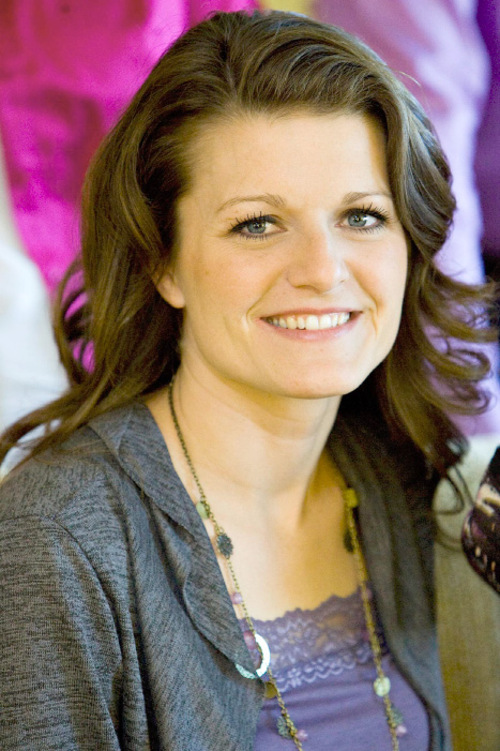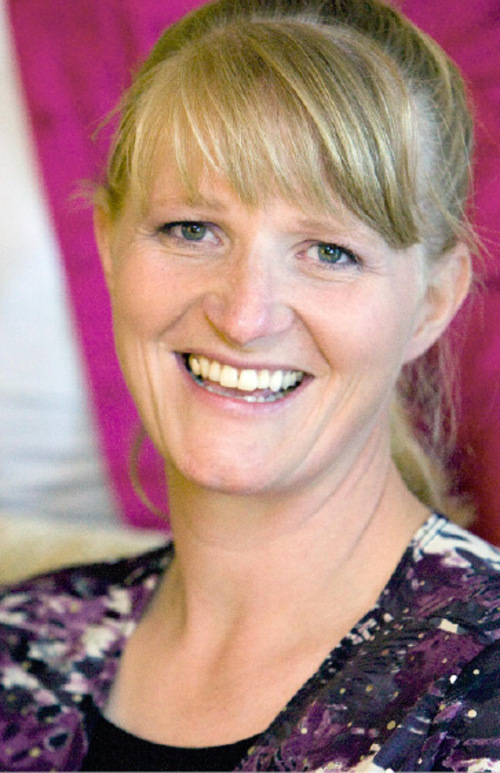This is an archived article that was published on sltrib.com in 2010, and information in the article may be outdated. It is provided only for personal research purposes and may not be reprinted.
As Utahns know, the TLC series "Sister Wives" put Utah and polygamy in the headlines once again.
The TV show about Kody Brown, his four wives and their 16 children, which completed a seven-episode, first-season run on Oct. 17, caused a stir in the national media. And the show sparked more than just reality-TV scaled controversy thanks to local headlines about the Utah County attorney's office screening charges of bigamy that could land Kody Brown in jail.
While "Sister Wives" made it clear the Browns aren't LDS, many viewers nationally might have been confused. "I can totally see how this show might cause alarm in terms of how the rest of the country sees us," said Christine Seifert, an associate professor of communications at Westminster College. "It may very well make it harder for non-Utahns to recognize the cultural and religious differences between the LDS Church and its fundamentalist offshoots."
Of course, "Sister Wives" didn't create that confusion. That ship sailed a long time ago, communication professors, historians and TV critics alike could agree. "I don't know that this made it any worse," said TV Guide television critic Matt Roush.
Roush labeled "Sister Wives" as the latest in a string of "TLC freak shows." "From the way it was presented, the whole thing was looked at as more of an aberration" to the way most Utahns live, he said.
Perhaps a more interesting question, at least to Seifert, might be the way the show depicts the Brown women. They seem ordinary, albeit as normal as any woman can who is sharing a husband with three other women.
For their part, the Brown wives say they're not representing any group — not feminists, not their polygamist community, not the state of Utah. "We're just out to represent our family," said Christine Brown, wife No. 3, in an interview before the show's launch in late September.
Unlike horror stories of underage girls forced into polygamy, the Brown wives were all adults who insist they entered plural marriage willingly. And choice is "certainly a tenet of feminism," Seifert said.
But she has additional reservations. "From a feminist perspective, though, one has to question how much their religious beliefs entered into the marriage decision," Seifert said. "If someone honestly believes that she can't go to heaven without being in a plural marriage, then you have to wonder how much freedom of choice she's really been given."
While "Sister Wives" sparked headlines on the Web and legal questions in Utah, it hasn't been a huge TV hit. The season finale drew 2.7 million viewers, which is a large audience for a cable network like TLC, but would bring quick cancellation on a major broadcast network. TLC hasn't yet announced if there will be a second season.
Apparently, "Sister Wives" didn't raise many tourism issues. "I can honestly say that we have not had e-mails or anything like on Prop. 8 or some other issues," said Leigh Von der Esch, managing director of the State Office of Tourism. "I have not had any reaction at all through our tourism contacts."
But "Sister Wives" also won't help Utahns tired of having to hear about mistaken stereotypes.
"Everywhere we travel, we're still going to be asked how many moms [and] sister wives we have," Seifert said.


